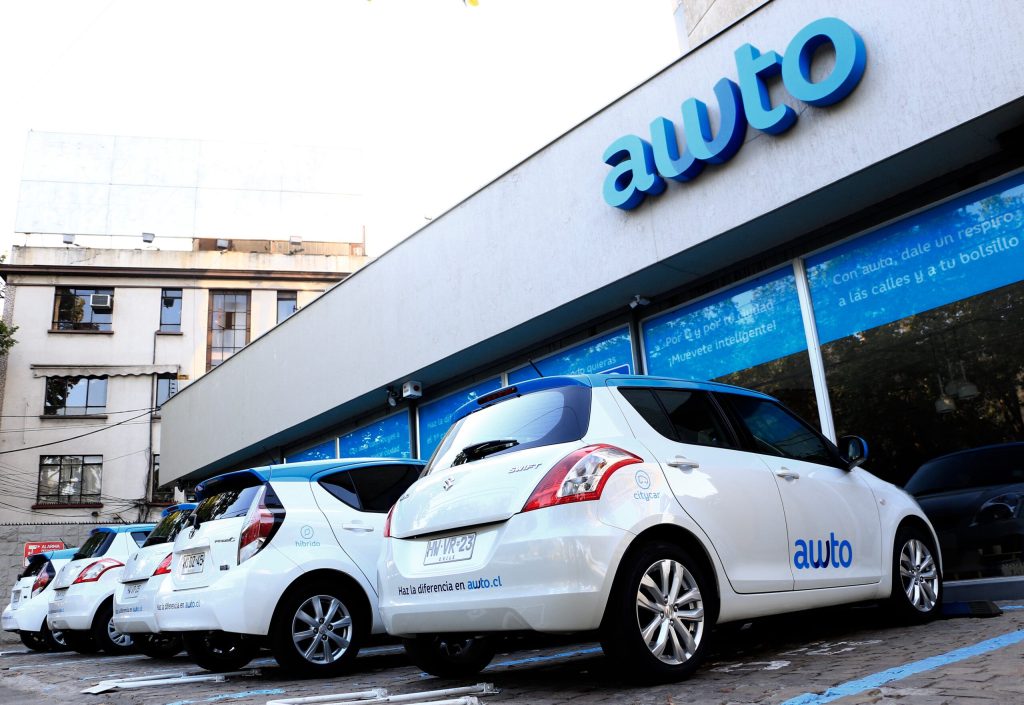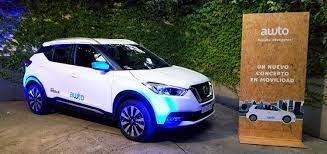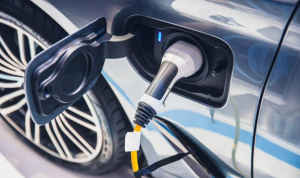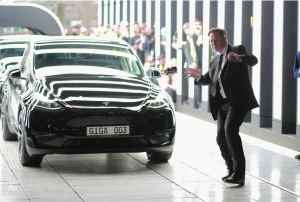Brazil is experiencing a significant boom in sustainable mobility. A few months ago, the first 100% electric charging station was inaugurated in Sao Paulo, and more and more international companies are betting on the country to develop technological solutions in this regard.
Awto, a Chilean mobility startup that offers rental of conventional and electric cars and motorcycles, officially began operating in the largest Latin American market. Through strategic alliances and important financing plans, they managed to get 300 vehicles, including motorcycles, onto the streets.
Awto’s CEO, Francisco Loehnert, told the DFSUD portal that the expansion began in the west zone of Sao Paulo to take advantage of its activity and economic development.

Read also: Public Transportation System in Chile Incorporates 107 New Electric Buses
Resources Injection
“Investments in the order of US$ 1.5 million have been made from the uprising; the important focus is growth next year and, from this uprising, we will continue to invest between US$ 2.5 and US$ 3 million in São Paulo, but we will start looking at key cities such as Campinas and Curitiba,” Loherter explained.
Awto’s goal is to have an operational fleet of 600 units by the second quarter of 2023.
The company’s business model is based on renting a car or motorcycle by the minute, hour or day, and it can be left parked anywhere, as long as it is within the coverage range.
So far, Awto has 40 active locations in the Brazilian city and, according to the executive, the idea is to expand to 100 in the short term.
Important Partners
In order to land in Brazil with a significant impact, Awto has established a partnership to have Kia hybrid vehicles.
“We have the GM city cars and SUVs, the Fiat Fiorino range of cargo utility vehicles with a B2B focus, and we have delivered approximately 50 Kia Stonic, which are hybrid models,” explained Loehnert.
He assured that they will progressively include more electric cars, a goal that has been slowed down due to the still insufficient charging infrastructure.




